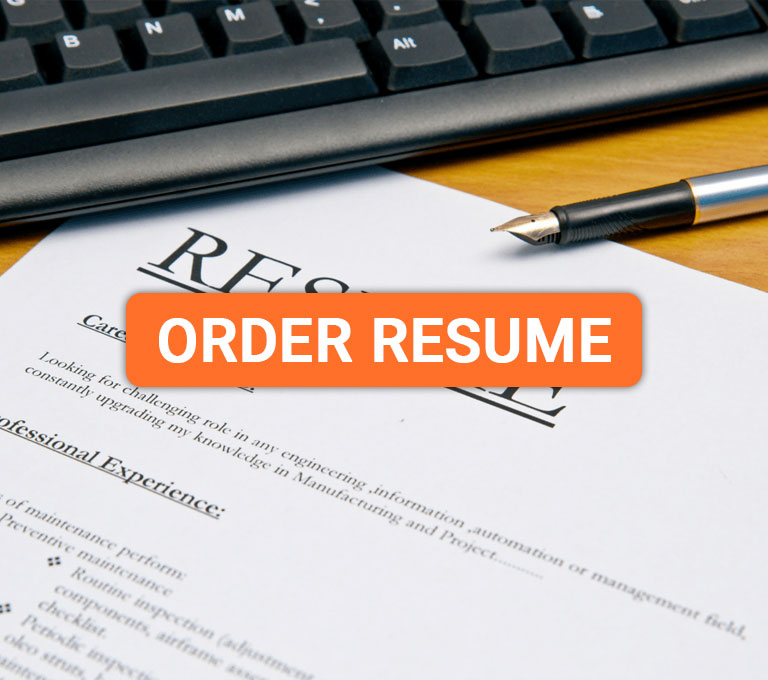Recommendations, letters of recommendation, scripts for checking recommendations
Why are recommendation letters no longer credible?
Because, like obituaries, they contain extremely positive characteristics. No one wastes time on thoughtful compilation – the text is googled or compiled by the applicant for recommendations. It is no less common practice when a letter of recommendation and a positive recommendation is used as a means of reducing costs when parting with an employee. Electronic confirmation of personal and business qualities is even easier – dozens of strangers confirm each other’s qualifications by clicking on the desired section of the profile.
Recommendations: personal experience
Everyone has different experiences and hiring referrals. I was hired by recommendation once, I twice recommended people I knew from working together.
My recommended experienced personal driver with 15 years of accident-free experience crashed a car in a new location a week later and was accepted on the recommendation of the commercial director three months later by competitors of the previous employer.
And a month after starting work “on recommendation” I discovered an allergy to local corporate culture, an integral part of which was the exclusive right of the first person to use profanity in business communication.
Do you believe in the recommendations?
Other people, other relationships, other requirements, other goals and objectives, other conditions and content of work – all the above can make the result of hiring on recommendation unpredictable. That is why, knowing a person by working together, you cannot be sure that he will be successful with another employer. The issue of trusting the referrer is a separate topic altogether.
Even the materials on the Internet cause diametrically opposite reactions – someone considers them useful, someone writes in the comments about “nonsense”, “heresy” and “absolute unprofessionalism of the author”.
Who do you think you should listen to? I’m sure you guessed it! You need to have your own opinion. And the recommendations of other people should be perceived as nothing more than a source of additional information that allows you to form it.

How to check recommendations
Verification of references is most often understood as a phone call or in-person to someone who can characterize the business and personal qualities of the applicant. Typically, this is either a manager or a colleague whose details are provided by the applicant, or an employee of the organization you are applying to for recommendations with the permission of the applicant. The accuracy and completeness of the information that you will receive during this conversation directly depend on how successfully you can conduct it. I will tell you about a sample conversation scenario and the speech scripts used during it.
Starting a conversation about recommendations
Introduce yourself, tell about the purpose of the call, find out if it is convenient for the interlocutor to talk to you. The first option, when you have the contact details of the referrer, might sound like this:
“Hello, my name is …, I am the deputy director of ABC. Your former subordinate … contacted us about the work. He gave me your phone number and said that I could contact you for recommendations. Is it convenient for you to talk now?”
The second option – you, with the consent of the applicant, call his previous place of work (either on the main phone, or ask to switch you to the personnel department):
“Hello, my name is …, I am the deputy director of ABC. Your former employee … contacted us about work, he did not mind that we contact his previous place of work. Could you please tell me which of the leaders can recommend to …?”
After being connected with someone ready to give a recommendation, re-introduce yourself and repeat the purpose of the call:
“Hello, my name is …, I am the deputy director of ABC. Your former employee … contacted us about work, he did not mind that we contact his previous place of work. I was told that you can give a recommendation (job description/job review) to …? Is it convenient for you to talk now?”
How to get recommendations
If your interlocutor does not make recommendations several times a day, he is unlikely to feel ready to give the former employee a detailed description. So that he does not feel uncomfortable and understands what we want to hear and generally “talk”, we say the following phrase.
“Please tell us about …’s work in your company – how good he was as a specialist (manager), whether there were any comments on his work, which is why they parted with him.”
Then you listen, ask clarifying questions, test your hypotheses regarding the business and personal qualities of the applicant.
How to ask clarifying questions about recommendations
If you need to clarify some information provided by the interlocutor, ask:
“If you were satisfied with …’s work, but he decided to leave the company because he was dissatisfied with the size of his salary, why didn’t they begin to retain a valuable employee?”
“Was … absenteeism, delays, was his work always completed on time?”
“Do I understand correctly what Sergei was responsible for …?”

How to test hypotheses
As a rule, during an interview with an applicant, you have hypotheses about how the applicant’s experience matches your impression of his business and personal qualities, and how well your prediction about the success of the applicant’s work in your company will be confirmed.
One of the goals of talking with a referrer may be to test these hypotheses. To do this, you need to ask questions, the answers to which can either confirm or disprove your hypotheses. In terms of scripting, it might look like this:
“Your former employee is applying for a … position, where he will have … employees in subordination, while he will solve the following tasks …? Do you think he can handle such a job? What difficulties, in your opinion, will he experience?”
“Did I understand correctly that in your company Sergey Petrov was independently managing this project?”
“Sorry for this, perhaps not entirely correct question – did your former employee have a problem with alcohol?”
“If I understood correctly, … is now getting a second higher education. Did he take study leave, and did his studies interfere with his work?”
“What would you advise us, as the next employer, to pay attention to in …’s work?”
How to end a conversation
“Thank you very much for the information, it is very important to us. Thanks for your time. Goodbye.”
What not to do when you check recommendations
- Demand a clear and precise answer if you see the other person avoiding him. It is his good will to give recommendations, if he does not want to talk about something, you have no right to demand. If you start to demand, the conversation will not work.
- Explicitly double-check what you heard from the interviewee. “… said at the interview that he did this kind of work in your company. Is it true? ”
“… said that he decided to leave the company after he was denied a salary increase. Is that really so? ” At best, you will receive an evasive answer, at worst, your questions may negatively affect the relationship between the referrer and the former employee of the company if they have different assessments of the events preceding the dismissal. This will not add positive to your relationship with the applicant either – it is unlikely that he allowed you to refer in conversations with other people to what he said to you in a personal conversation. - Of course, you shouldn’t ask questions to the author of the recommendation letter “Did you write the truth in it?” Even if you have a letter of recommendation signed by the author, you shouldn’t refer to it and discuss its content.



